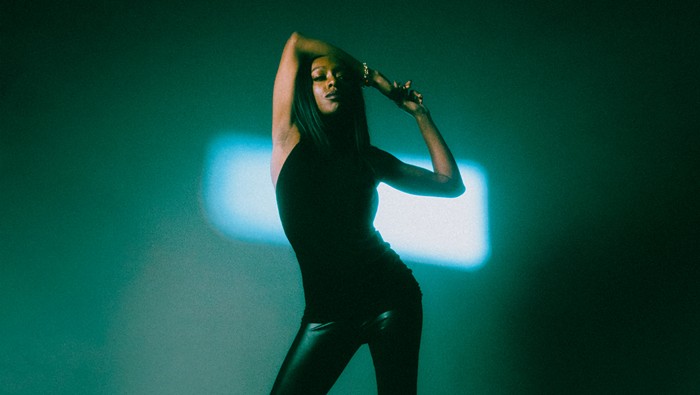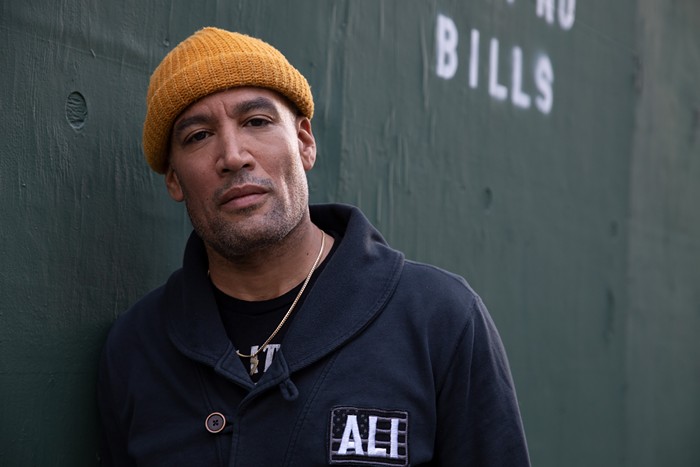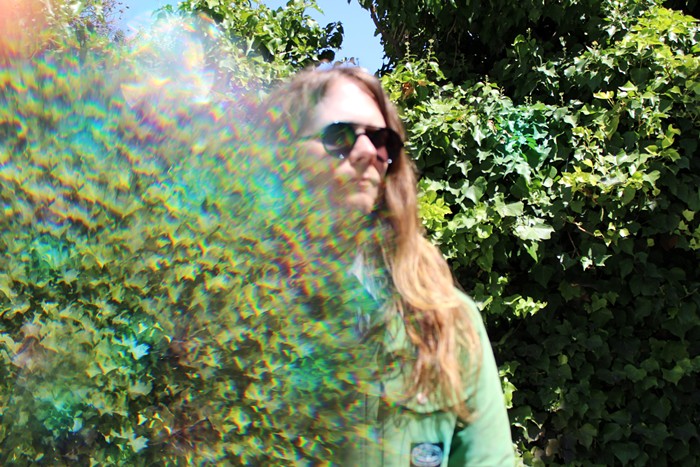Sun Aug 8 & Mon Aug 9
Disjecta
116 NE Russell
The most cartoonish, over-simplified analysis of the sects of European avant-garde jazz goes something like this: the Germans are harsh and masculine, the Dutch are insane and humorous, and the British are studied and pointillistic. There is no prevailing blanket generalization for the Danish. Similarly, there is no clear definition for the character and work of Denmark's most elder and glorious avant-garde prince, John Tchicai. Born in 1936 to a Danish mother and Congolese father, Tchicai has made a career of resolute mutability, contributing to various scenes and collectives as a sort of shadow figure and investing maximum musical substance with a minimum of art celebrity or contractual affiliation.
Perhaps most famously, following storied Danish visitations from Albert Ayler and Archie Shepp, Tchicai moved to New York in the mid-'60s and immersed himself in the ferociously advancing American free jazz movement. Tchicai found himself often in the company of Shepp and others pursuing a vein of free music (or "fire music") founded in militant spirituality and strong ties to the parallel Black Nationalism. Although only staying in New York for three years (63-66) before returning to the kaleidoscopic euro scene, he managed to lead a number of staggeringly influential small groups and contribute to three of the most monolithic artifacts of free music--Ayler's New York Ear & Eye Control, Shepp's Four for Trane, and John Coltrane's Ascension.
Unlike most of his New York contemporaries, whose freedom was expressed in sweaty catharsis and joyful spiritual immersion, Tchicai's music his seemed to be one overwhelmed by ideas. This is not to suggest that Tchicai is in any way cold or over-intellectualized, but simply that his playing seems driven by unrestrainable thought rather than uncontainable emotion. More brain fever than gut-busting.
For the last few decades Tchicai has been a luminous but understated figure, having tenures and brief encounters with innumerable groups and producing albums of consistent, gentle re-invention. At nearly 70, Tchicai is one of the true first generation of avant-garde jazz musicians; a living conduit of the last 50 years of jazz history who's appearance here is as rare as it is essential.


















